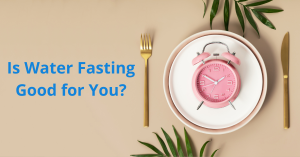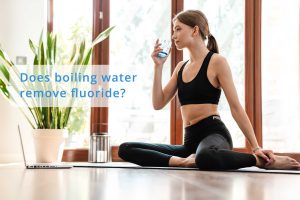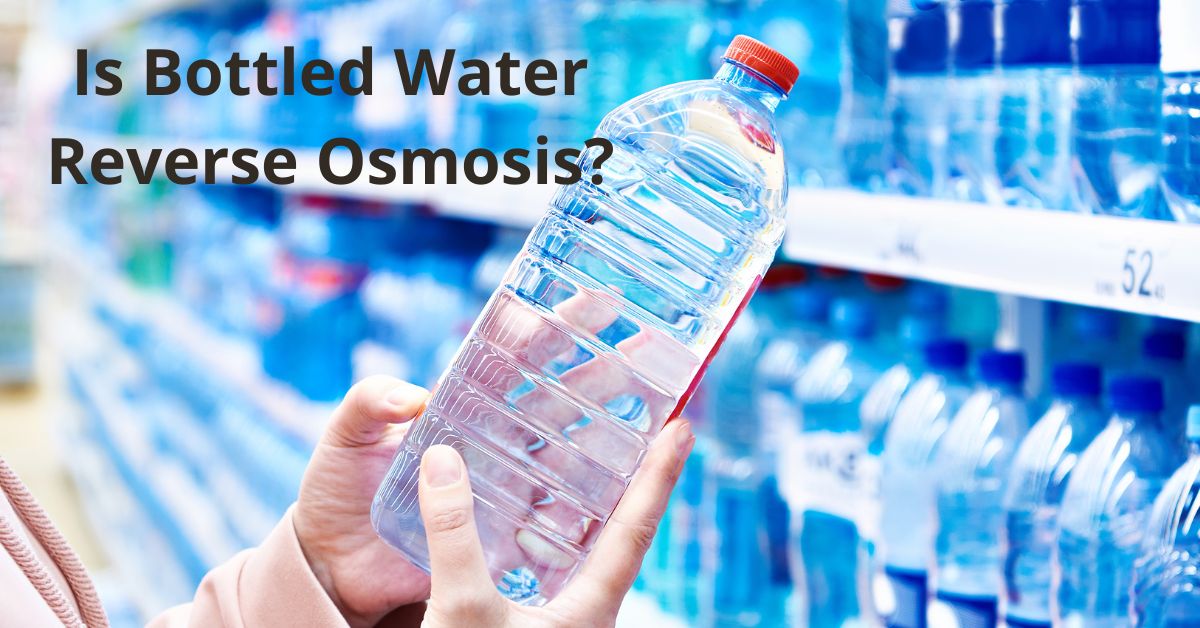
Is Bottled Water Reverse Osmosis?
When my family and I started our journey to find the purest drinking water possible, we spent years buying bottled water from the supermarket. Little did we know that many of these companies were using a technology we could easily have in our own home—reverse osmosis.
Is Bottled Water Often Purified Through Reverse Osmosis?
Yes, many premium bottled water brands use reverse osmosis as their primary purification method. Take Pureau, for instance—this Australian brand has built its reputation on providing exceptionally pure water through reverse osmosis filtration. They’re completely transparent about their process, which removes virtually all contaminants, including those pesky PFAS chemicals we’ve been hearing so much about lately.
But here’s what really opened my eyes: while we as a family were spending thousands (yes, thousands!) of dollars annually on bottled water, we could have been producing the same quality water right from our tap. It was a real “aha” moment for our family when we realised this.
The journey to understanding water filtration has been fascinating and we didn’t realise straightaway that this was the start of our new professional journey and the begin Living Whole. I’ve learned that reverse osmosis is considered one of the most effective water purification methods available. It works by forcing water through a semi-permeable membrane that blocks contaminants while allowing clean water molecules to pass through. This process removes up to 99% of dissolved solids, including:
- Heavy metals
- Chlorine
- Fluoride
- PFAS (those notorious “forever chemicals”)
- Bacteria and viruses
- Dissolved salts
After discovering this, we decided to explore home water filtration options. The market offers several solutions, but I’ve found the following to be the most effective:
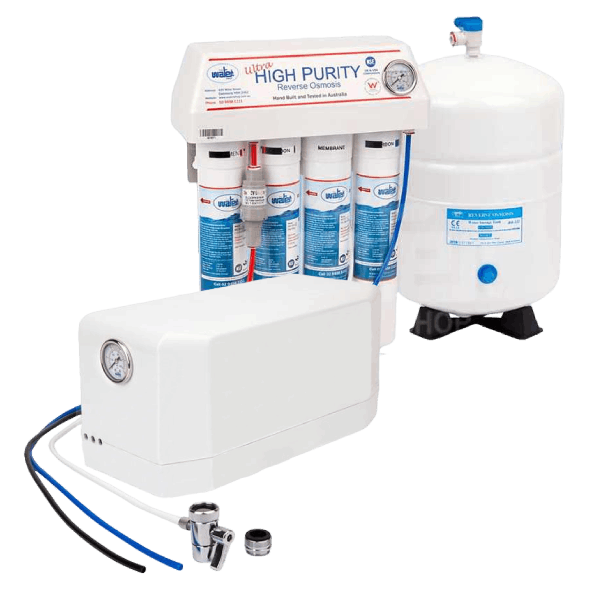
Under sink water purifier systems: These are installed beneath your kitchen sink and often include reverse osmosis technology. Although they remain out of sight, they consistently deliver pure water via a dedicated faucet.
Countertop water filter units: While not all countertop filters use reverse osmosis (many use carbon filtration), they’re a popular choice for renters or those with limited under-sink space.
Making the Switch: Our Experience
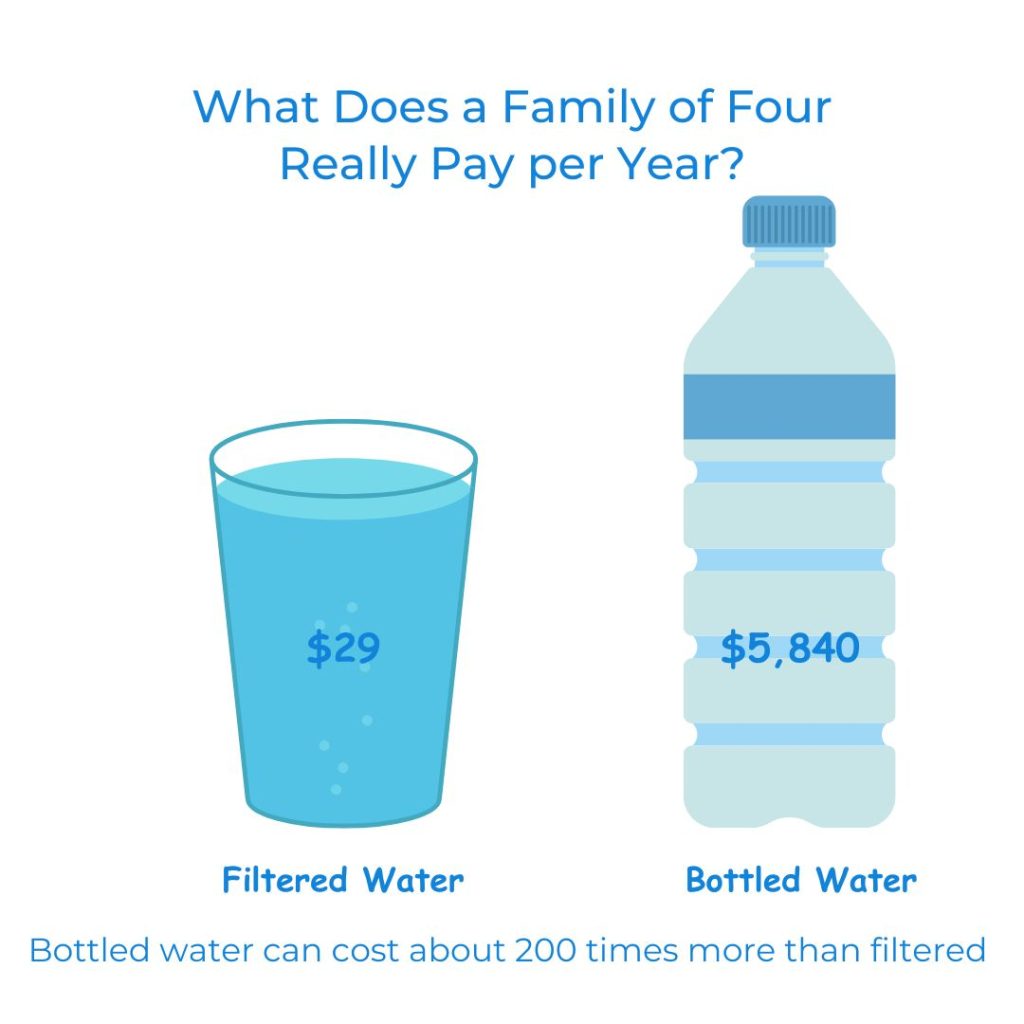
The most significant change came when we installed our own under-sink reverse osmosis system. The initial investment seemed substantial, but when we calculated our previous spending on bottled water, we realised we’d recover it within months.
The Environmental Impact
What really struck me was the environmental impact of our decision. We’d been consuming countless plastic bottles over the years, contributing to the plastic waste crisis without even realising there was a better alternative. Now, we fill our reusable bottles with home-filtered water that’s just as pure as what we used to buy.
What I’ve Learned About Home Filtration
For families considering making the switch, here’s what I’ve learned about home water filtration options:
Reverse osmosis systems typically offer the most comprehensive filtration, removing virtually all contaminants. They’re especially effective at removing PFAS, which has become a growing concern in many water supplies. The initial setup requires some investment, but the long-term savings are substantial.
Quality Comparison
If you’re wondering about the quality comparison between bottled water and home-filtered water, I can share from experience that our reverse osmosis system produces water that tastes just as pure as any premium bottled brand. The key difference? We’re paying cents per litre instead of dollars.
Modern Filtration Technology
The technology used in home water filtration has advanced significantly in recent years. Modern systems are more efficient, waste less water, and require less maintenance than their predecessors. Plus, with features like water quality monitors and filter change indicators, maintaining optimal water quality has never been easier.
Final Thoughts
Making the switch from bottled water to a home filtration system was one of the best decisions we’ve made for both our health and our wallet. While bottled water companies do provide excellent quality water through reverse osmosis, having this technology in your own home offers convenience, cost savings, and environmental benefits that are hard to ignore. If you’re still buying bottled water, I encourage you to explore home filtration options. Whether you choose an under-sink system or a countertop filter, you’ll likely find that the benefits far outweigh the initial investment. After all, why pay a premium for something you can produce just as effectively at home?

